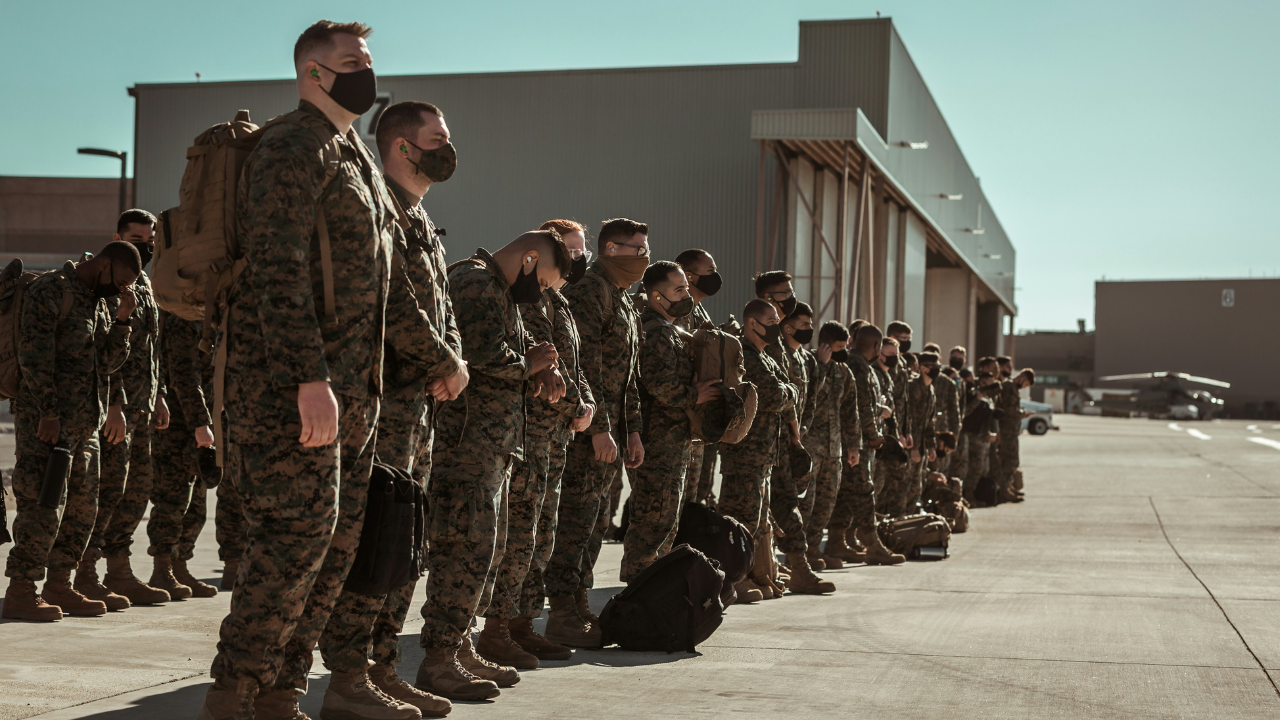
Kataib Hezbollah, an Iraqi armed faction, has refuted claims of resuming attacks on U.S. forces, as stated in a message circulated on the Telegram messaging app. The denial, issued by the group, comes in response to a post circulating on channels believed to be associated with the Iran-backed armed faction, declaring a resurgence in attacks after a suspension lasting approximately three months. Kataib Hezbollah dismissed these claims as “fabricated news.”
Following this denial, reports emerged on Sunday of at least five rockets launched from Iraq’s town of Zummar towards a U.S. military base in northeastern Syria, as confirmed by two Iraqi security sources and a U.S. official speaking to Reuters. This attack marks the first instance of aggression against U.S. forces since early February, when Iranian-backed groups in Iraq ceased their attacks against American troops.
The incident underscores ongoing tensions and the delicate security situation in the region, particularly concerning the activities of various armed factions and their relationship with U.S. forces stationed in Iraq and neighboring areas. Despite previous lulls in hostilities, sporadic incidents like these highlight the potential for renewed conflict and the challenges of maintaining stability in the region.
Kataib Hezbollah’s swift denial of involvement in the purported resumption of attacks on U.S. forces indicates a desire to distance itself from any escalation in violence and maintain a semblance of adherence to any previous agreements or understandings regarding the cessation of hostilities. However, the incident raises questions about the stability of such arrangements and the potential for miscommunication or rogue actions by individual elements within these armed factions.
Moreover, the attack serves as a reminder of the complex geopolitical dynamics at play in the region, with various actors vying for influence and pursuing divergent agendas. The involvement of Iran-backed groups in Iraq, alongside other regional players, adds layers of complexity to the security landscape and poses significant challenges for efforts to promote peace and stability.
As tensions simmer and the situation remains fluid, continued vigilance and diplomatic engagement will be crucial in preventing further escalation and fostering a conducive environment for dialogue and conflict resolution. Efforts to address the root causes of the conflict, including political grievances and socioeconomic disparities, will also be essential in achieving a sustainable peace in the region.




